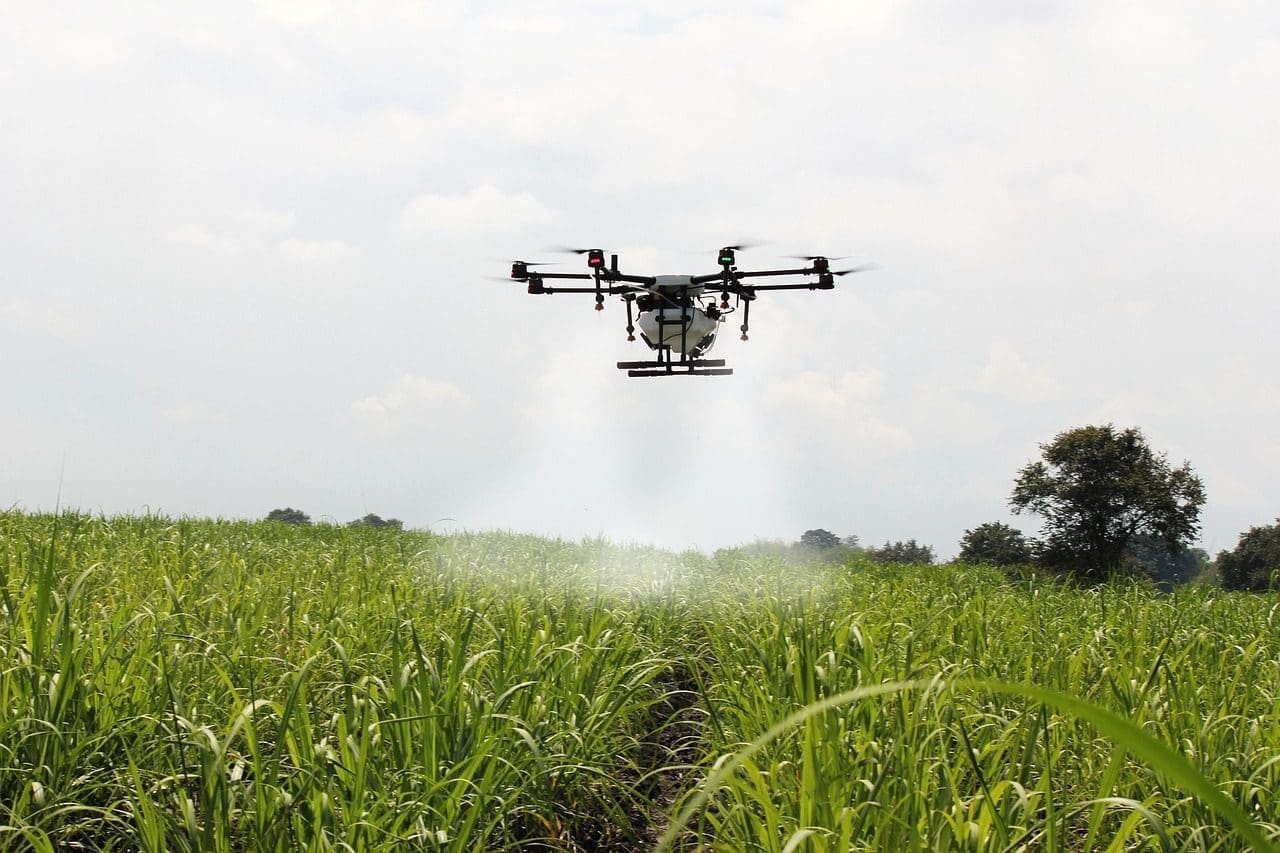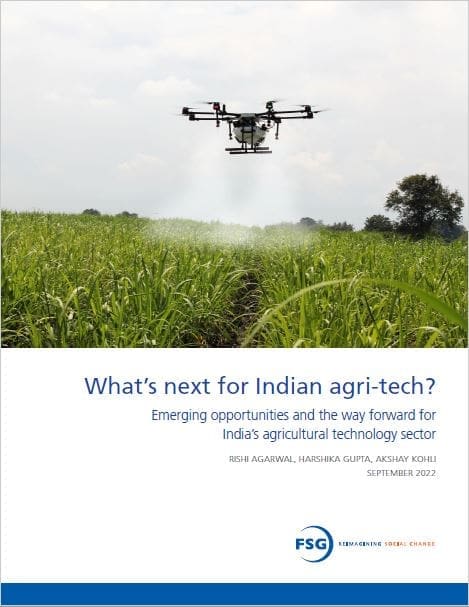Agriculture accounts for an estimated 43% of India’s employment. Despite its importance to India’s economic and social development, the sector is fraught with challenges. Indian farmers face increasing cost and margin pressures due to several operational issues and structural barriers, such as rising input and production costs, threats to sustainability due to climate change and intensive cultivation, labor shortage and limited mechanization, and a low share of the final price of produce.
Agri-tech innovations can address many of these challenges by making better information and technology available to farmers, thereby providing opportunities to improve their incomes and engage in more sustainable food production. India’s agri-tech advancements, if utilized correctly, present an excellent opportunity for sustainable and equitable growth, ensuring not only profitability for agribusinesses but also improved livelihoods for farmers.
In this report, we take stock of the current state of Indian agri-tech, identify emerging opportunities, and present recommendations for both traditional agriculture companies in India, to enable them to succeed across the agri-tech value-chain, and start-ups, to enable them to face the stiff competition ahead.
Top Takeaways
- Start-ups are driving India’s agri-tech innovations and investment story with significant private equity inflows. While the first wave of Indian agri-tech focused on market linkages, several mature, late-stage start-ups are now becoming ‘full-stack’ platforms, including value-added services such as agri-fintech in their core offerings.
- The next wave of agri-tech growth in India will come from technological advancements in, and increased adoption of, sustainable inputs, digital in-farm solutions (such as farm management software, remote sensing and advisory, and farm automation), novel farming systems, traceability, and agri-carbon. The government is playing a key role in the continued mainstreaming of agri-tech in Indian agriculture, through supportive policies in each of these emerging categories.
- Start-ups will need an acute focus on profitability to survive an emerging ‘battle of platforms,’ as several of these players now compete for farmer attention. This situation will be exacerbated by a funding slump in the medium term amidst an overall slowdown in global investment activity.
- Traditional agriculture companies must embrace technology to succeed. Whether they double down on their strengths, or expand into adjacencies, they will need to develop a few core digital capabilities such as data analytics and digital farmer networks.



